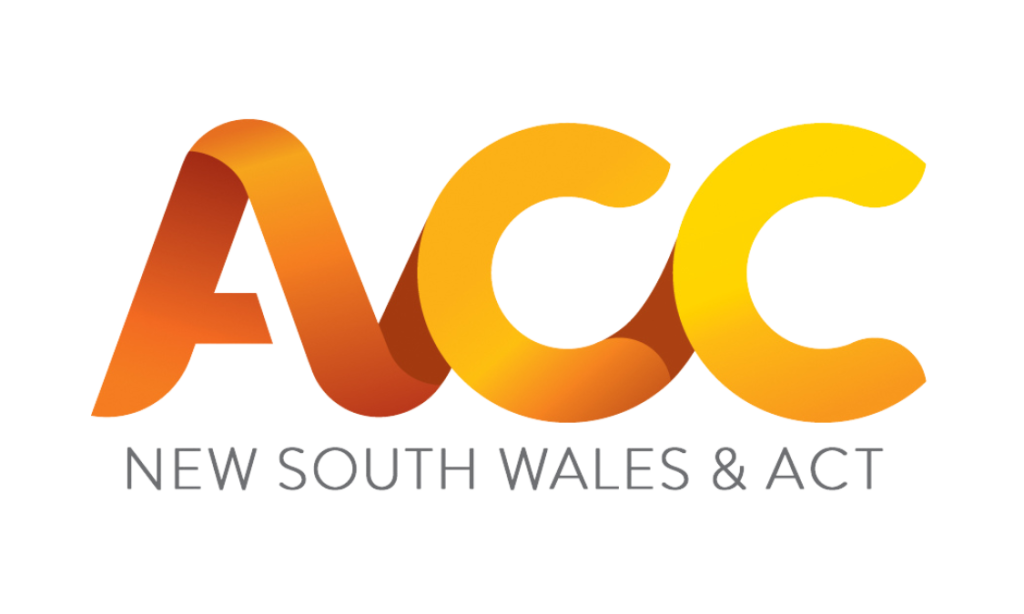Embark on a captivating journey through Church History Foundations, exploring the begginings of the global church, from its inception to this present day. Dive into significant events and influential stakeholders, examining the impact of Christianity across diverse cultural landscapes. Gain insights into the historical and contextual influences of the Church within local communities.
This transformative subject is designed for those aspiring to lead musical worship effectively within their congregations. It combines theological insights with practical skills, from managing rehearsals to leading live worship sets. Students will also learn to communicate strategically pre- and post-service and reflect on their leadership for continuous improvement.
The words we sing are extraordinarily powerful. Many authors have had things to say about the lyrics of songs sung in church but the arguments are particularly partisan and heated in our present day. Contemporary congregational songs, with their popular musical influences are a hot topic. Are their lyrics inferior to traditional hymns? How should we approach their analysis and assessment? What would Jesus sing?
Through this subject, students will delve into the complex relationship between the Christian church and the creative arts across centuries. This subject examines how the arts have been both championed and constrained by the church. Students will analyse historical music and arts from biblical times to the modern era, gaining insights into their influence on faith and church practices.
Everyone has their area of passion and preference. This unit is all about you being able to pursue your musical or artistic passion. Dance, drama, lighting, multimedia, sound, instrument, voice, recording, whatever it is, this unit can adapt to help you set and achieve your goals. Learn new knowledge and skills. Master your craft. Challenge your capacity. Grow as an artist.
This foundational subject offers a broad understanding of the diverse perspectives and practices within worship ministry. It addresses the role of music, arts, and corporate worship in the life of the church and the individual believer. This subject will equip students with knowledge of the theological underpinnings and contemporary expressions of worship, preparing them to effectively participate in and lead worship ministries.
This subject explores the developmental journey and processes that an individual goes through over a lifespan, from conception to death. It introduces various theories and milestones associated with each life stage and includes multicultural and critical perspectives on development. It will enable students to help individuals understand normal developmental processes, whether in health, education, minstry or people helping fields.
Enhance your ability to communicate effectively in professional people-helping settings. This subject will equip you with learning foundational interpersonal communication skills. Through practical exercises, you will develop your counselling micro-skills including conflict management responses, within a culturally sensitive framework. This unit is designed to meet PACFA and ACA training requirements.
Dive into a comprehensive overview of human services and its theoretical frameworks. This subject prepares students for diverse roles within case management, counselling, and support services, focusing on effective service delivery and client care. Students will learn the fundamentals of the case management process, explore various professional roles, and apply reflective practices to improve their proficiency and understanding of good practice.
This is a core subject that introduces students to the fields of psychology, social science and the importance of emotions in human identity. It forms the basis for other more advanced psychology subjects. This subject will allow students to develop a better understanding and management of their emotions. This knowledge is then applied to a professional context, enhancing students' abilities to identify and work appropriately with the emotions of clients in an empathetic and professional manner.
Preach by bridging the gap between ancient texts and exploring effective ways to communicate biblically sound truths to a modern world. If you want to learn how to develop life-changing preaching, and bring revelation to postmodern people that struggle with the Christian story, then look no further.
The books of Proverbs and Psalms are two of the most well-known and loved texts within the Old Testament/Hebrew Bible. In addition to Proverbs, the books of Job and Ecclesiastes comprise what is known as Wisdom Literature, a genre of writings from the ancient Near East comprised of sayings and teachings by sages and the wise about the breadth of the human experience. Psalms is an anthology of Hebrew hymns to be used either in collective liturgical settings or for personal expression. Throughout this course, we will engage with tools of exegesis to reflect on how to read the Wisdom and Psalms text, as well as the Song of Songs, which is neither part of Psalms or Wisdom Literature, yet is Hebrew poetry and considers wisdom in relationships.
Discover the history, culture, theology, philosophy, and politics that shape the religion of Islam. Gain essential insights into Christian-Muslim relations, unraveling the intricate web of contemporary society's cross currents.









